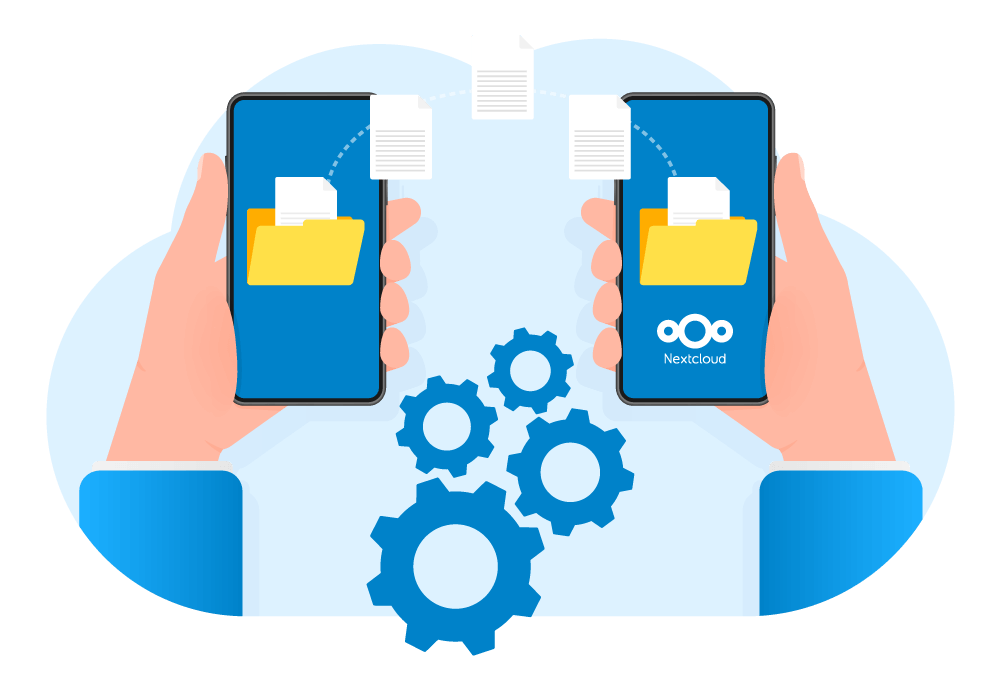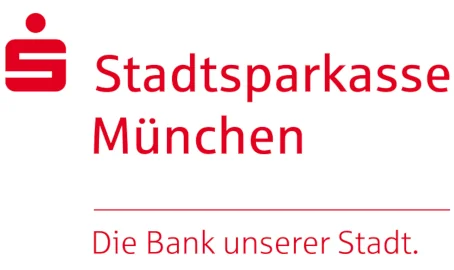Regain control
Remote collaboration made easy
- On-premises or cloud
- Customizable and scalable
- No data leaks to third parties
Trusted by thousands of organizations
The most popular open source content collaboration platform for tens of millions of users at thousands of organizations across the globe
Nextcloud Hub integrates the four key Nextcloud products Files, Talk, Groupware and Office into a single platform, optimizing the flow of collaboration.
Nextcloud Hub
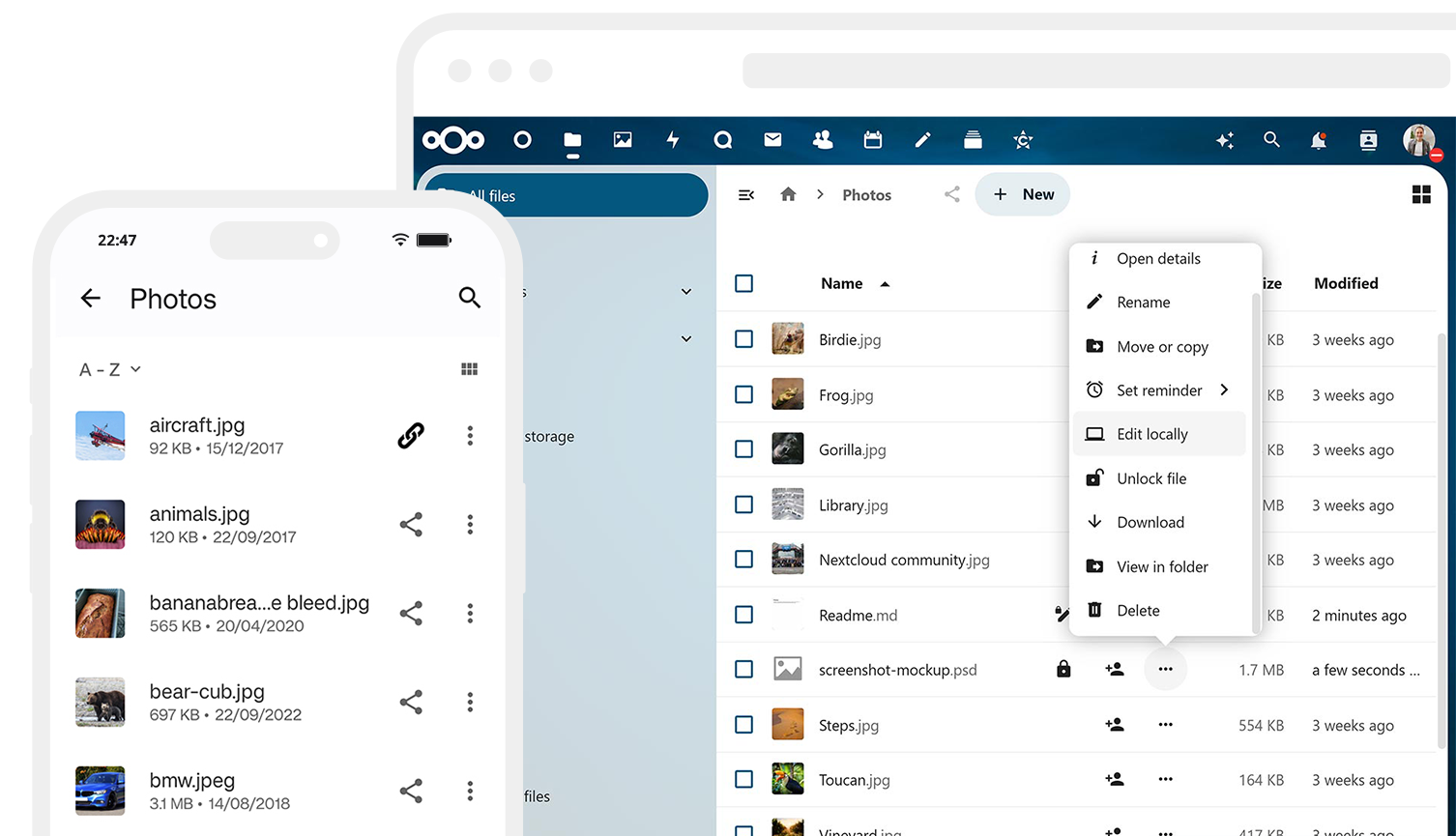
- Easy access anywhere
- Powerful access control
- Infrastructure integration
- Designed for humans
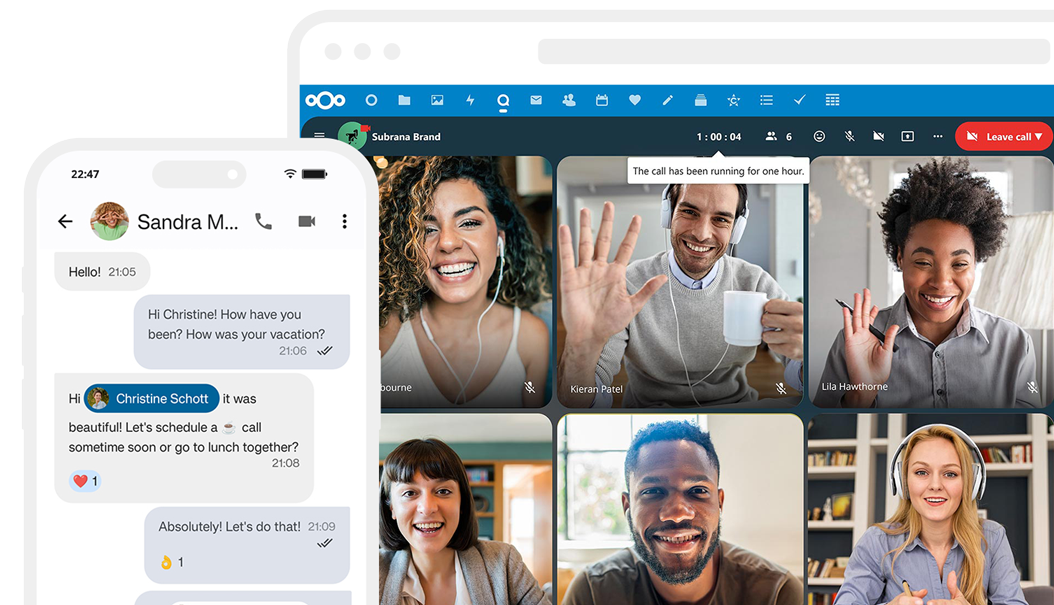
- Group chat
- Web conferencing
- Screensharing
- Unique protection
- Avoid data leaks
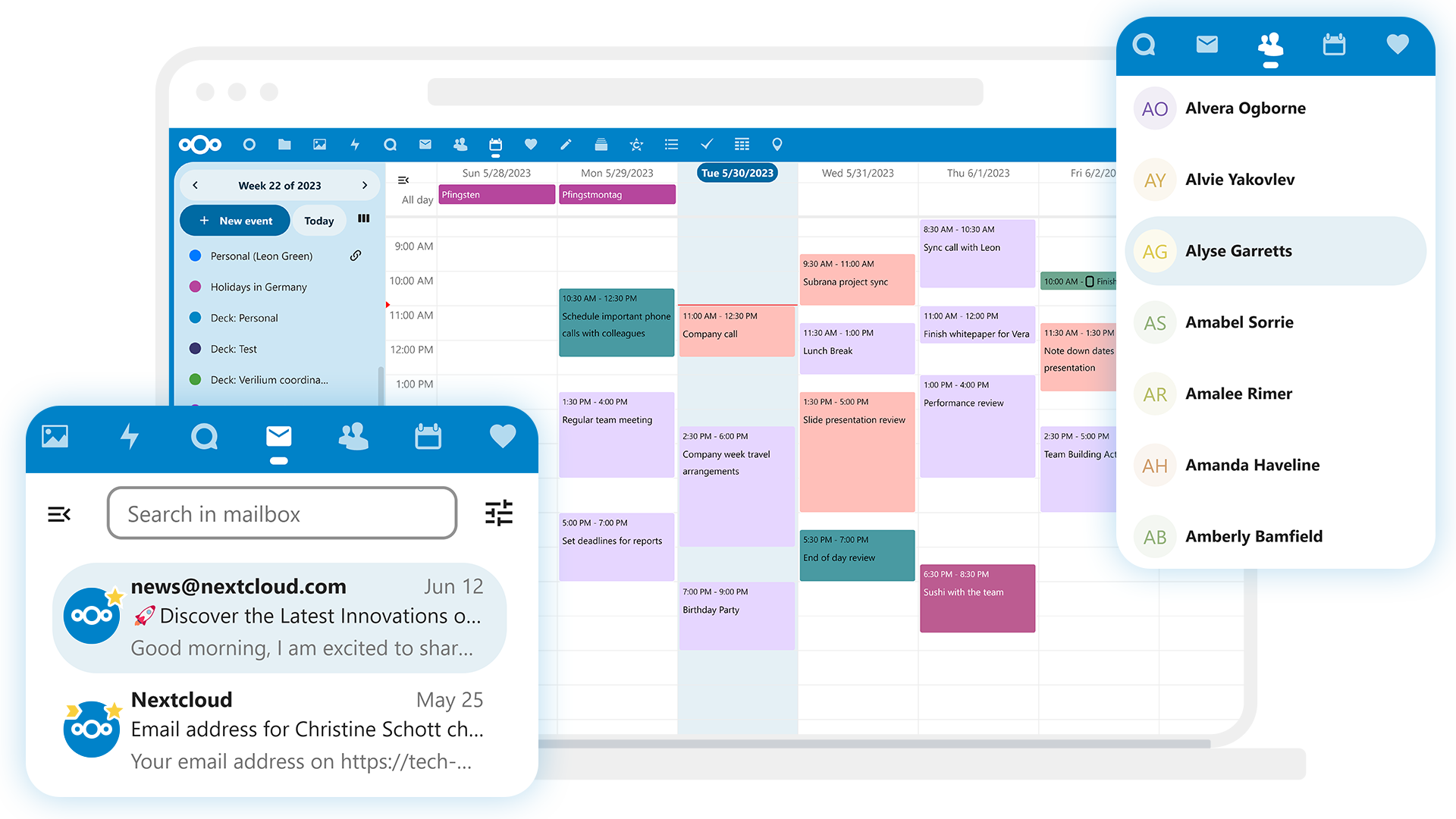
- Team planning
- Email made easy
- Easy access, anywhere
- Use your existing apps
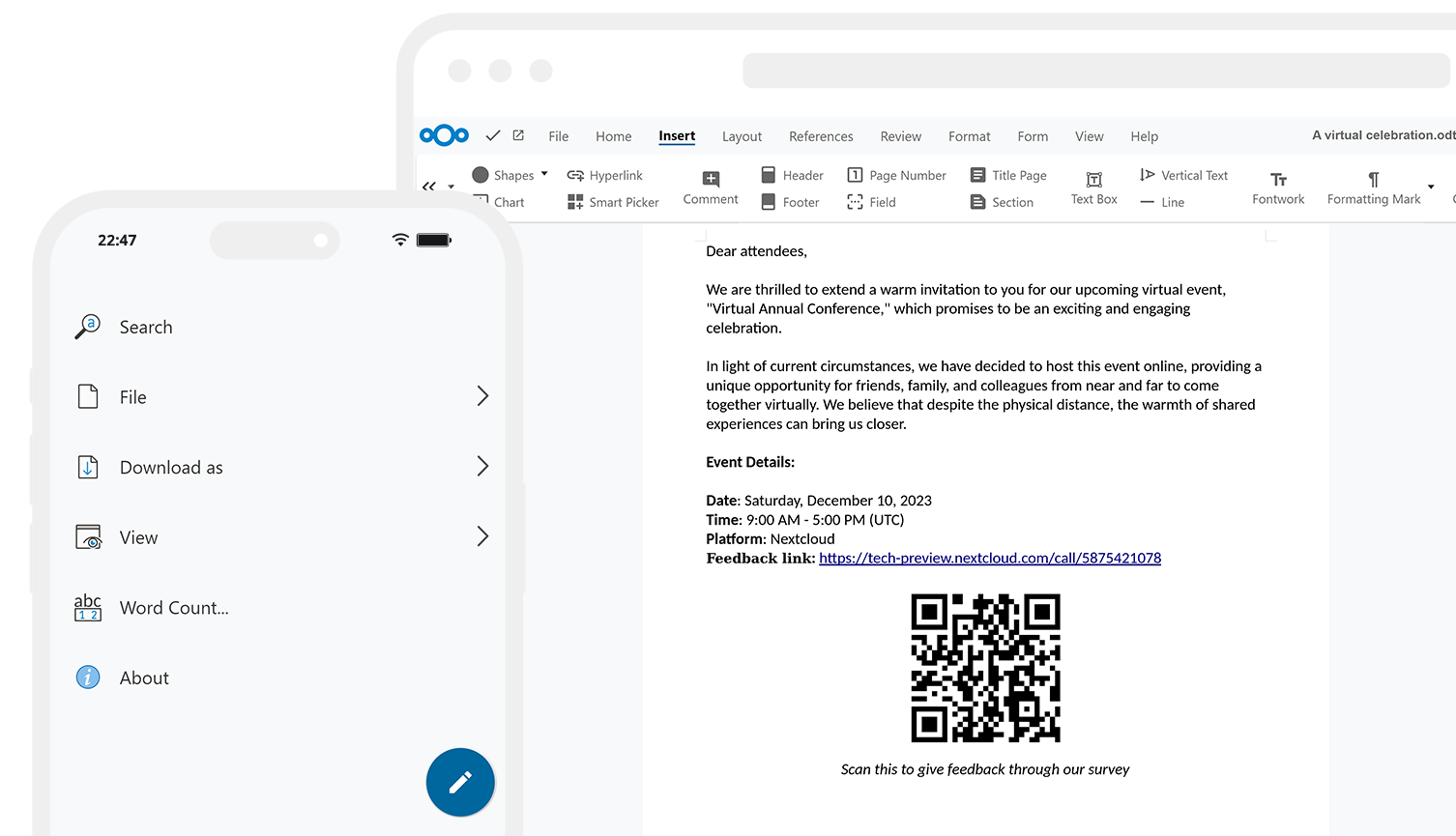
- Self-hosted online office
- View and reply to comments
- Chat or have a call while editing
- docx/pptx/xlsx support
Nextcloud Files offers a self-hosted file storage and sync platform with powerful collaboration capabilities with desktop, mobile and web interfaces
Nextcloud Talk delivers on-premises, private audio/video conferencing and text chat through browser and mobile interfaces with integrated screen sharing and SIP integration.
Nextcloud Groupware integrates Calendar, Contacts, Mail and other productivity features to help teams get their work done faster, easier and on your terms.
Nextcloud Office is a powerful LibreOffice-based online office suite with collaborative editing, which supports all major document, spreadsheet and presentation file formats and works in all modern browsers.
Solutions
Nextcloud use cases
Nextcloud is committed to provide self hosted open source cloud file storage technology that is a perfect fit for the privacy and security of your enterprise
Get in touch
Reduce risk, improve remote team communication and minimize operational expenses with the leading open source cloud file storage and content collaboration platform. Contact us now to learn how Nextcloud can help you!
Why Nextcloud?
With over 400.000 deployments, Nextcloud is the most popular on-premises content collaboration platform you can download. It scales from a Raspberry Pi with 2 users to globally distributed installations with tens of millions of users at major hosting providers. What makes it so popular?
Productivity
Enable productivity across any platform, whether in the office or on the road, to share, collaborate and communicate across organizational boundaries. Nextcloud provides transparent access to data on any storage.
Control
Protect, control and monitor data and communication across your company. Guarantee compliance with business and legal requirements. Keep your data on servers you own, at all times. Nothing leaks, not even metadata.
Community
Enjoy constant improvements from a thriving and transparent, entirely open-source community development model, free of lockins or paywalls. Enjoy the benefits of enterprise support when you need it.
See it in action
Nextcloud is designed to offer best in class productivity, and is developed at an impressive pace with new functionality becoming available every few months. We selected some videos to give you an idea of what we’re up to.
Nextcloud events
Nextcloud welcomes you to in-person events, conferences and trade shows as well as webinars and online meetings.
HIPAA, GDPR and more
Compliant by design
Nextcloud products are designed with compliance in mind, providing extensive data policy enforcement, encryption, user management and auditing capabilities.
Get in touch
Reduce risk, improve citizen communication and reduce
operational expenses with the leading content collaboration platform.
Contact us now to learn how Nextcloud can help you!
See how we stack up
Compare Nextcloud with other solutions and see why it is the market leader in open source cloud file storage and collaboration platforms.
